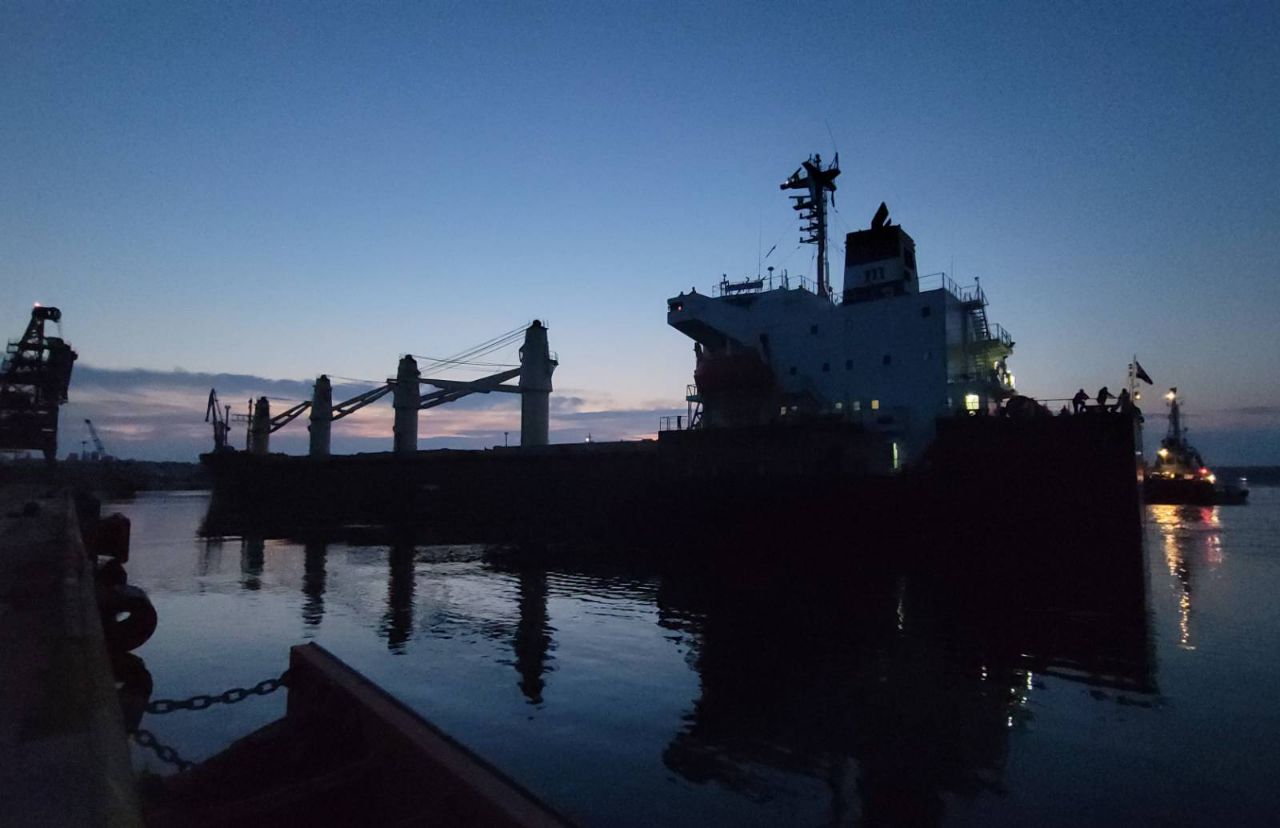The head of the UN’s International Seabed Authority has panned the Trump administration’s unilateral licensing program for subsea mining outside of the boundaries of the U.S. exclusive economic zone, and warned that there could be problems in selling the products. The U.S. program was set up in consultation with The Metals Company, the sole private firm with access to a tested deep sea mining system; Canada-based TMC has already filed the first permit application, asking for U.S. permission to mine an area of the Pacific located far outside of the U.S. exclusive economic zone.
“The recent permit request is for mining in the deep sea outside of the jurisdiction of the United States,” said Leticia Reis de Carvalho, Secretary-General of the International Seabed Authority, in a statement Wednesday. “I would respectfully submit that the advantages for the United States in engaging through the international legal system are substantial and far outweigh the potential risks and challenges associated with unilateral action.”
Last week, President Donald Trump directed directs the Commerce Department to expedite a sovereign permitting process for mining under the Deep Seabed Hard Mineral Resources Act, an obscure statute from the 1980s. The Cold War-era law provides a pathway to unilateral resource recovery on the high seas, bypassing the UN’s International Seabed Authority (ISA), which has jurisdiction under the UN Convention on the Law of the Seas (UNCLOS).
The U.S. is one of the few nations that have not ratified UNCLOS, the governing treaty for ocean resources that are so far from shore that they are considered “the common heritage of mankind”; while not an ISA member state, the U.S. has sent observers to past talks, and has not previously objected to ISA regulation.
America’s new course of action presents risks, Reis de Carvalho said. First and foremost, UNCLOS requires all member states to not recognize an unlicensed deep sea mining claim’s legitimacy. That means that UNCLOS signatories are technically not allowed to recognizeany ownership claim to the mining operation’s products, making the ore harder to sell.
TMC has already lined up a commercial buyer, Switzerland-based commodities firm Glencore. The Trump administration is also exploring options to set up a critical-minerals stockpile, which would create a government buyer for the product.
Reis de Carvalho pushed back on certain mining firms’ complaints about the pace of ISAregulatory negotiations, and she encouraged the U.S. to join the international process. “ISA Member States are working as effectively and responsibly as possible to develop regulations for the consideration of extraction activities,” she said. “Our collective work to finalize the [UNCLOS] Mining Code is not a bureaucratic exercise; it is the foundation for ensuring that any activities in the Area [beyond national jurisdiction]benefit all humanity, for present and future generations, while protecting the marine environment.”






